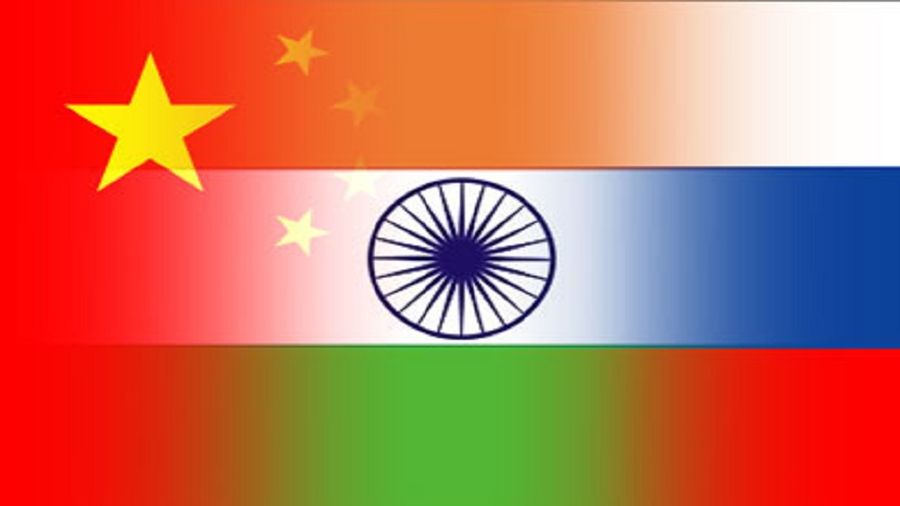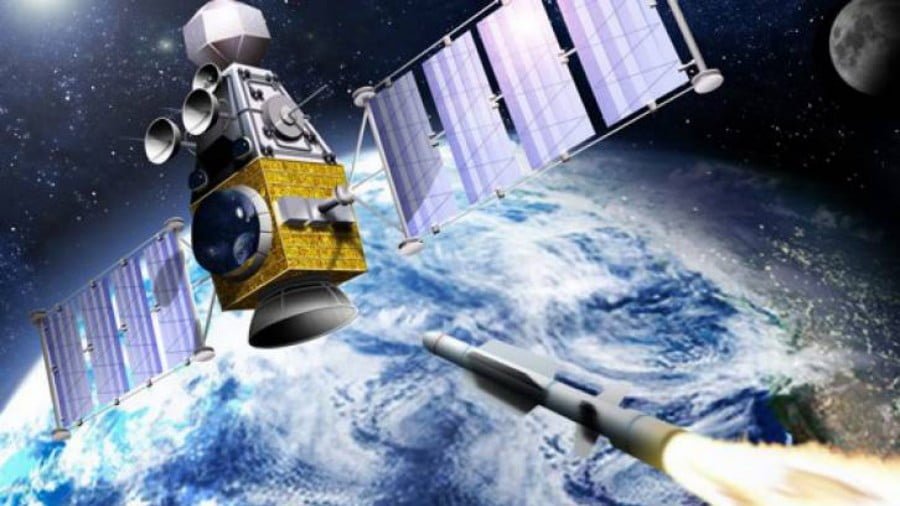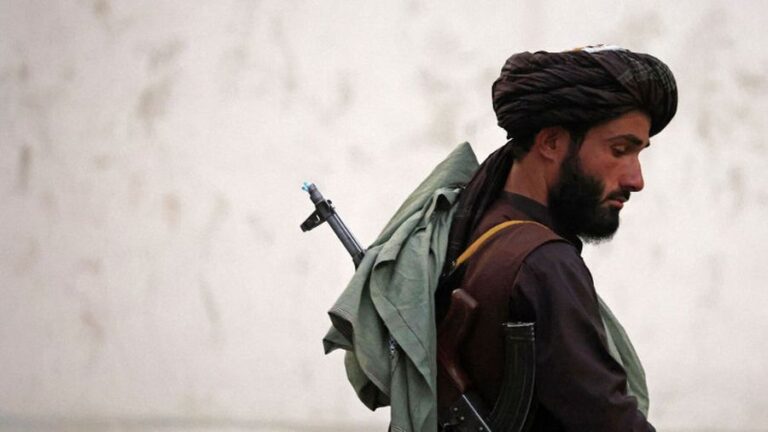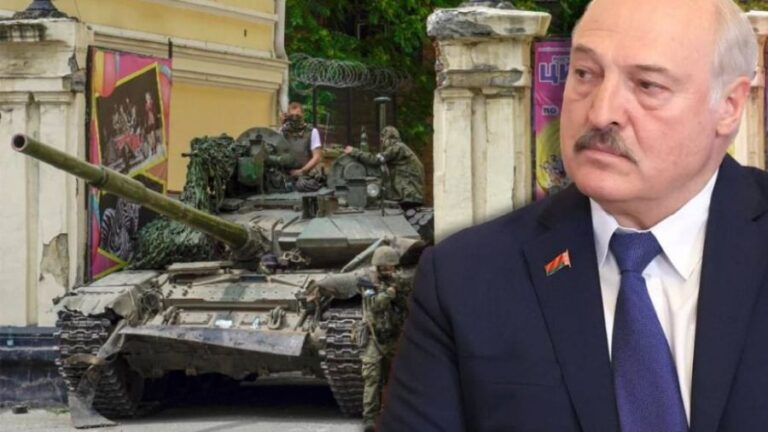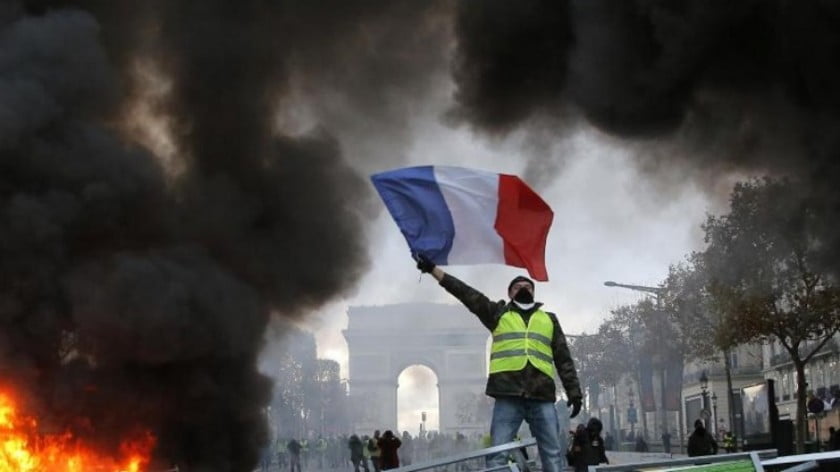Russia, India, and China (RIC) Could Be Key to Sri Lanka’s Recovery
While Sri Lanka’s bankruptcy is certainly a catastrophe for its people, the silver lining of sorts is that it could also become a turning point for the economic-financial dimension of the emerging Multipolar World Order if the RIC countries pool their efforts to support it.
Sri Lankan Prime Minister Ranil Wickremesinghe declared on Tuesday that his country had finally gone bankrupt after defaulting on its debt for the first time ever in late May. Its economic crisis is attributable to a confluence of factors including the Easter terrorist attacks in 2019 that drastically reduced tourism, the government’s radical tax cuts later that year that majorly deprived it of funds in hindsight, the financial consequences of the COVID-19 pandemic, and lower agricultural exports over the past year.
That country’s current predicament is not in any way whatsoever connected to China’s Belt & Road Initiative (BRI) like some mostly Western sources have falsely claimed. The People’s Republic only accounts for approximately 10% of Sri Lanka’s debt, less than Japan at 11% and far below international sovereign bonds at 30%. Nevertheless, trying to pin the blame on China is politically convenient for some foreign forces, though it’s a factually bereft argument discredited by objective reality.
Having clarified that crucial point, it’s now time to discuss what can be done to assist Sri Lanka’s inevitable recovery. Its newly declared bankruptcy makes ongoing talks with the IMF “more difficult” and “complicated”, Prime Minister Wickremesinghe said, but a deal with that global body isn’t the only solution available. While one will likely be clinched sooner or later, the terms are expected to be very severe, with there being a high probability that they’ll demand far-reaching structural reforms.
In order to blunt this heavy blow, which might entail unilateral concessions on issues of objective national interest culminating in the erosion of its sovereignty, Sri Lanka would do well to explore what options the Russia-India-China (RIC) core of BRICS could provide. These three countries are already assisting it in their own way: Russia sold it oil in May when no one else would; India provided $3.5 billion in aid this year thus far; and China extended $31 million in emergency humanitarian supplies.
Each RIC country has therefore done something very important for their shared Sri Lankan partner, but more can be done if they pool their efforts together in order to jointly prepare a support package for it. While the precise details would have to be discussed, it’s clear that all three are serious about helping that country. For that reason, they might consider leveraging the multipolar financial institutions in which they participate to that end.
All three of them participate in the Asian Infrastructure Investment Bank (AIIB), BRICS has its New Development Bank, and the Shanghai Cooperation Organization (SCO) has the little-known Interbank Consortium. These three platforms can prospectively provide complementary financial assistance packages to Sri Lanka if the RIC countries coordinate such, which could in turn reduce the amount of support that their shared partner would require from the IMF.
Put another way, alternative financial platforms should consider pooling their efforts into ensuring that Sri Lanka receives enough aid from them that it doesn’t need to take a bad deal from the IMF out of desperation and thus risk the possible long-term erosion of its sovereignty. Through these means, Sri Lanka’s crisis could transform into an opportunity to accelerate the emerging Multipolar World Order since economic and financial factors are crucial to the success of the global systemic transition.
To explain, although America’s unipolar hegemony is declining, it still continues to exert influence throughout the international system mostly through economic and financial means, including through the related institutions that it controls. While rising countries like China and India nowadays have more influence in organizations like the IMF, they’re still generally considered to be Western-centric for the most part, which makes it unrealistic to utilize them for accelerating multipolar trends.
Therein lies the importance of relying on alternative and genuinely multipolar ones like the AIIB, BRICS’ New Development Bank, and the SCO’s Interbank Consortium. The RIC countries are already assisting their shared Sri Lankan partner on a bilateral basis in their own way so it’s only natural for them to consider multilateral means through one, some, or all three of those platforms so as to maximize their respective efforts.
In closing, while Sri Lanka’s bankruptcy is certainly a catastrophe for its people, the silver lining of sorts is that it could also become a turning point for the economic-financial dimension of the emerging Multipolar World Order if the RIC countries pool their efforts to support it. Even if this doesn’t end up happening since this situation was so unexpected, it can nevertheless serve to inspire them to jointly prepare for supporting shared partners during forthcoming crises through such means instead.

